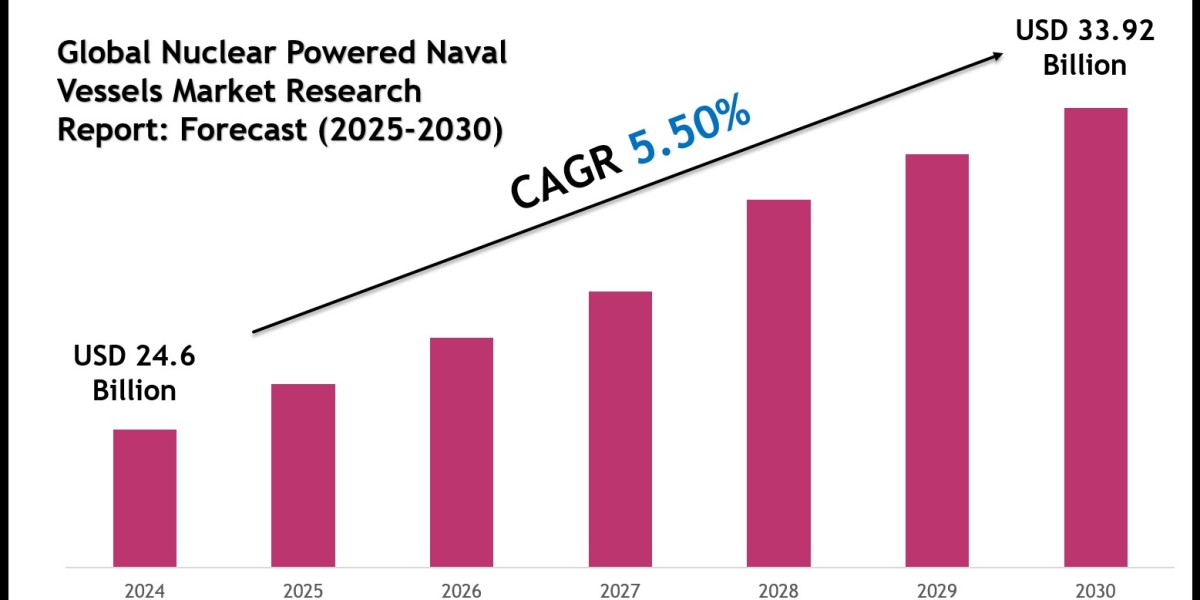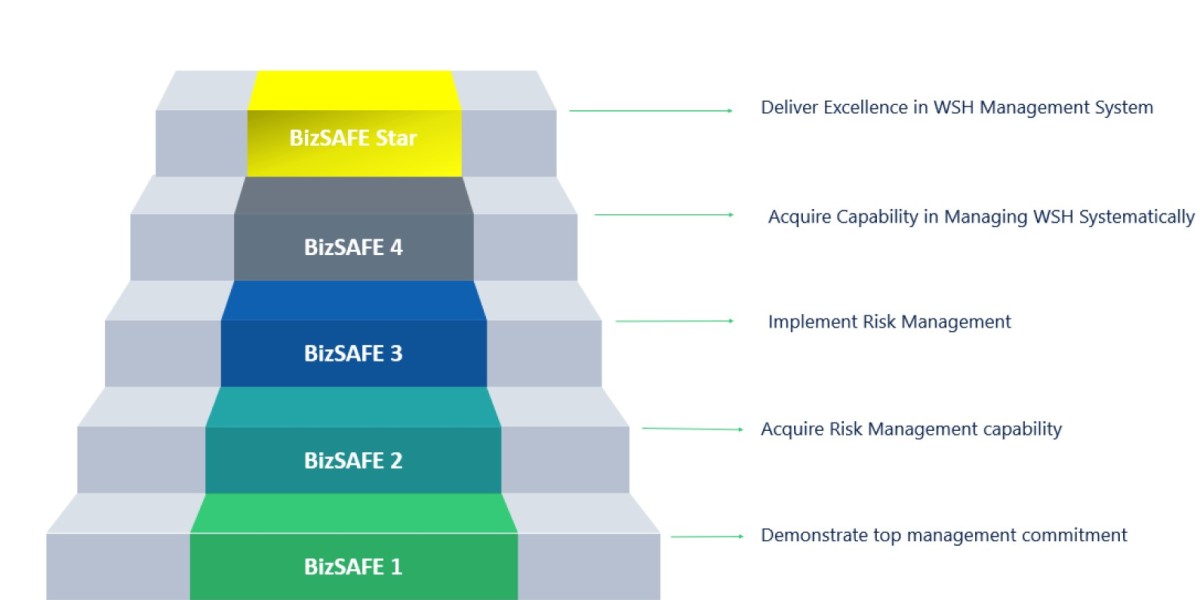India’s Micro, Small, and Medium Enterprises (MSMEs) are the backbone of the nation’s economy, contributing significantly to GDP, exports, and employment. For decades, many MSMEs focused only on local or regional markets due to limited resources and lack of exposure. But today, things are changing. With Udyam Registration, MSMEs have a new gateway to expand beyond borders and explore global markets.
In the era of globalization, the ability to compete internationally is not reserved for large corporations alone. Small businesses, once considered purely local players, now have the chance to reach customers worldwide—and Udyam Registration is playing a vital role in making that happen.
Understanding Udyam Registration
Launched by the Government of India, Udyam Registration is a simple, online process that provides official recognition to MSMEs. It replaced the earlier system of MSME registration, making it faster, more transparent, and accessible to entrepreneurs from all parts of the country.
Once registered, an MSME receives:
A Unique Udyam Registration Number (URN)
An E-certificate recognized across India
Eligibility for various government incentives and schemes
This recognition is more than just a formality—it gives MSMEs credibility in both domestic and international markets.
The Shift from Local to Global
Traditionally, many MSMEs catered to local needs—manufacturing textiles for nearby towns, supplying machinery to regional markets, or offering services within their city.
However, globalization, digital platforms, and government export promotion initiatives have created opportunities for even the smallest businesses to export products or services abroad.
Udyam Registration plays a crucial role in this shift by:
Enhancing business credibility
Opening access to export-related schemesMaking it easier to secure funding for international expansion
How Udyam Registration Helps MSMEs in Global Trade
1. Access to Export Promotion Schemes
Registered MSMEs can take advantage of initiatives like the Merchandise Exports from India Scheme (MEIS) or Export Promotion Capital Goods (EPCG) Scheme, which provide financial incentives, duty exemptions, and marketing support for exporters.
2. Better Financing Options for Export Activities
Banks and financial institutions are more willing to offer loans, trade credit, or export financing to Udyam-registered businesses. Lower interest rates and priority lending make it easier to fund international orders.
3. Priority in Government Procurement
Many government tenders, including those involving export orders, give preference to MSMEs with Udyam Registration. This opens up large, profitable contracts that can boost a company’s global presence.
4. Participation in International Trade Fairs
Registered MSMEs often get subsidies to participate in global exhibitions and trade fairs. This exposure helps them connect with overseas buyers, distributors, and investors.
5. Credibility with Foreign Clients
International buyers prefer working with officially recognized businesses. A Udyam certificate reassures them about a company’s legitimacy and reliability.
Steps for MSMEs to Go Global After Udyam Registration
Getting registered is the first step, but taking a business global requires a well-planned approach.
Identify Potential Markets
Study demand patterns, pricing, and cultural preferences in target countries.Ensure Export Compliance
Register with the Import Export Code (IEC) through DGFT, which is mandatory for all exporters.Leverage Digital Platforms
Sell through global e-commerce platforms like Amazon Global, Alibaba, or Etsy to reach customers directly.Network Through Trade Bodies
Join export councils like FIEO (Federation of Indian Export Organisations) to access resources, training, and buyer connections.Focus on Quality Standards
Ensure products meet international safety, quality, and packaging norms to avoid rejection at customs.
Real-Life Example: An MSME Success Story
A small spice manufacturing unit in Kerala operated for years supplying only to local markets. After Udyam Registration, the business registered for IEC and participated in an international trade fair under a government subsidy program. They secured orders from the Middle East and Europe, increasing their revenue by 300% in just two years.
This transformation was possible because Udyam Registration unlocked access to government support and international platforms.
Why International Trade is a Game-Changer for MSMEs
1. Higher Profit Margins
Global markets often offer better pricing compared to domestic markets, allowing MSMEs to increase their margins.
2. Diversification of Markets
Selling in multiple countries reduces dependency on local demand, making businesses more resilient during economic slowdowns.
3. Brand Recognition
Exporting builds a brand’s global image, attracting more domestic and international buyers.
4. Learning & Innovation
Exposure to global markets encourages MSMEs to improve their products, adopt new technologies, and meet higher quality standards.
Challenges MSMEs Face in Going Global
While opportunities are vast, MSMEs may encounter challenges such as:
Lack of awareness about export procedures
Limited access to foreign market research
High shipping and compliance costs
Cultural and language differences in business negotiations
However, with Udyam Registration benefits, MSMEs can overcome many of these hurdles through subsidies, training programs, and easier access to export credit.
ALSO READ:- UPDATE UDYAM CERTIFICATE
Government Support Beyond Udyam Registration
In addition to Udyam Registration, several initiatives help MSMEs expand globally:
Digital MSME Scheme for technology adoption
Market Access Initiative (MAI) for funding participation in overseas fairs
Export Credit Guarantee Corporation (ECGC) for securing international payments
National Small Industries Corporation (NSIC) for marketing and business development support
The Road Ahead: A Global Vision for MSMEs
The government’s vision of making India a global manufacturing hub depends heavily on MSMEs tapping into international trade. By 2030, experts predict a substantial rise in MSME exports, thanks to digitization, better infrastructure, and trade facilitation measures.
MSMEs that combine Udyam Registration, technology adoption, and global market strategies will be well-positioned to lead this export growth story.
Conclusion
Udyam Registration is more than just a compliance step—it’s a powerful launchpad for MSMEs aiming to expand globally. It gives businesses the credibility, resources, and government-backed support they need to compete on the world stage.
In today’s interconnected world, the journey from local to global is no longer a dream reserved for big corporations. With the right planning, market understanding, and the benefits unlocked by Udyam Registration, Indian MSMEs can confidently step into international markets, turning local success into global recognition.








